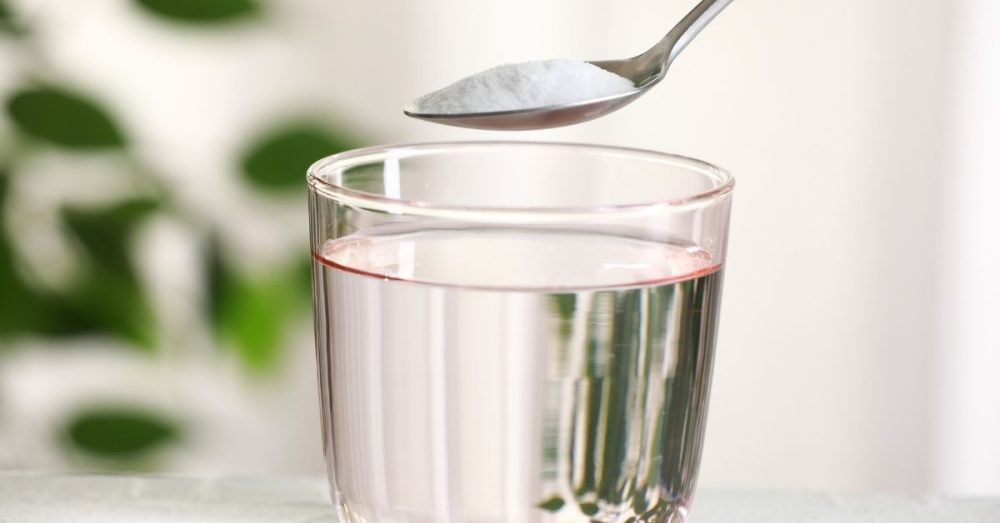Baking soda is a traditional staple in pantries, often used for cleaning and baking.
Baking soda is becoming increasingly popular due to a rising trend: incorporating it into daily water consumption.
CNN reported that proponents claim this trick enhances exercise performance, relieves acid reflux, boosts energy levels, and more. However, experts have raised the yellow caution flag.
Here is more of what CNN had to say about this growing trend:
“Baking soda is a very cool natural ingredient that can do a lot,” said Frances Largeman-Roth, a registered dietitian nutritionist and author of “Everyday Snack Tray.”
“It can (also) neutralize odors and help you remove stains from your clothes,” Largeman-Roth said via email.
However, just because baking soda is produced from natural ingredients doesn’t mean it’s safe to ingest without regulation, she added. The need for caution is due to the chemistry of baking soda and that of the body, and how the sensitive interplay between the two is the very thing that could help or harm.
Baking soda, formally known as sodium bicarbonate, is an alkaline substance composed of sodium, hydrogen, carbon and oxygen, said Grace Derocha, a registered dietitian nutritionist and spokesperson for the Academy of Nutrition and Dietetics. The primary way baking soda could be helpful for issues such as acid reflux is by neutralizing acid.
On the pH scale of acidity and alkalinity, anything with a pH of less than 7 is acidic, while 7 to 8 is neutral and anything from 8 to 14 is alkaline, or basic. The normal pH range for the human body, measured by blood, is 7.35 to 7.45, Derocha said, but specific body parts and substances have their own pH — such as the stomach’s highly acidic pH of 1.
Consuming too much baking soda, which has an alkaline pH of about 8.3, is when things can get thrown out of whack. Based on this science, here’s what the research and experts say about the health effects, important risk factors and other things you need to know.
What the research does (and doesn’t) show
When it comes to what consuming baking soda could improve, exercise endurance is one of the purposes most backed up by research, dating to the 1980s — though some studies are small or have mixed conclusions.
During exercise — particularly the intense, anaerobic kind such as sprinting or jumping rope — muscle metabolism produces hydrogen ions, said exercise physiologist Dr. Tamara Hew-Butler, an associate professor of exercise and sport science at Wayne State University in Detroit, via email. Then the breakdown of muscle glycogen that produces energy also results in the making of lactate plus a hydrogen ion.
The ion buildup “increases the acidity … in the blood/muscle environment that limits exercise performance (i.e., the ‘burn’ of exercise),” Hew-Butler added. “Thus, the (benefit) of ingesting baking soda before exercise is to reduce the acidity in and around the working muscles, which can improve performance in short-duration, high-intensity exercise.”


